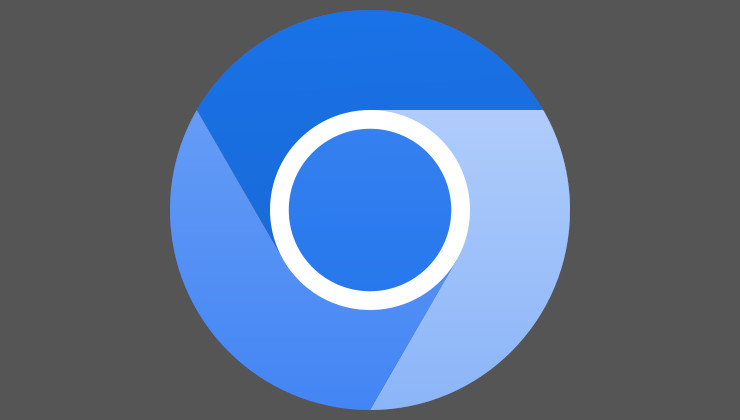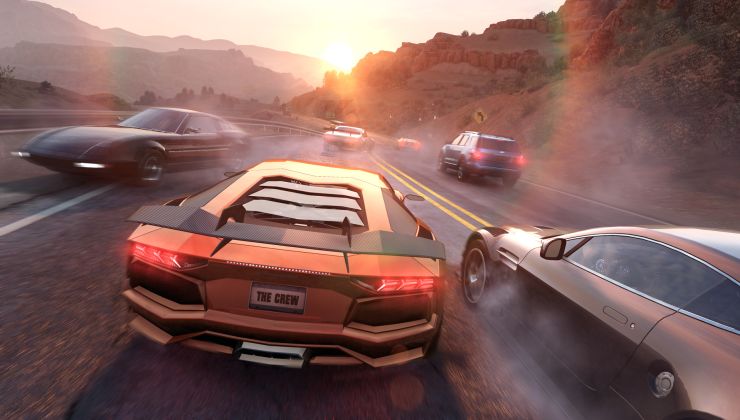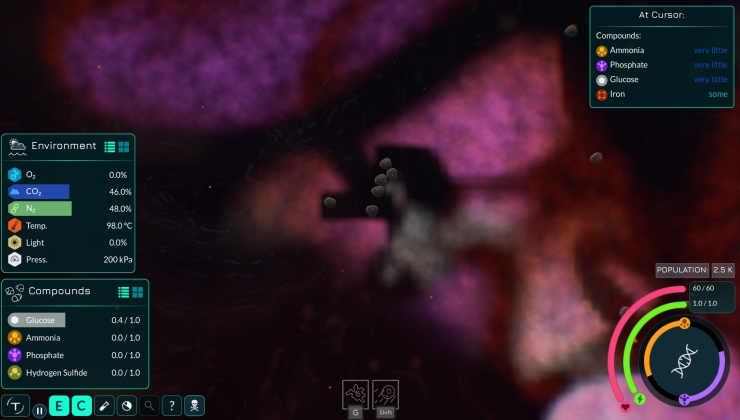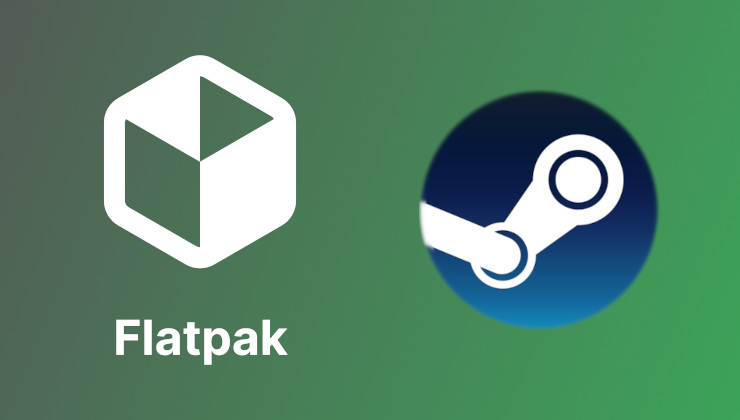The cross-platform development library has seen the release of its latest version. Quite a few exciting changes this time around, including support for Vulkan and more types of gamepads.
SDL [Official Site] is something that has been used in quite a diverse array of projects and plenty of game ports that have made their way to Linux have taken advantage of it. The latest release has its fair share of general improvements but most noticeable is the implementation of Vulkan support. This hopefully will make it easier for developers to take advantage of the Vulkan API and help it gain more traction.
Besides that, support for more gamepads has been added, including the Nintendo Switch Pro controller. There are also new functions available that help to retrieve information about gamepads and joysticks as needed. It’s been my experience that titles using SDL have worked well with just about every gamepad I’ve thrown at them, so it’s nice to see their support roster continually expanding.
You can see the full details of the release here.
But SDL doesn't really help learn Vulkan ( or any other graphics API ), since it has drawing abstractions only for limited 2D and sprite animation. The complex 3D and compute operations generally used in simulations and games still need to be learned for each graphics API you want to support. In other words, you need to provide your own abstraction over all the graphics APIs you want to support, but you don't need to be bothered about which OS platform you are running on.
Last edited by etonbears on 23 Sep 2017 at 10:40 pm UTC
Does anyone have some good info to support vulkan in UE4 and Unity ?
It seems all info for this is bloody rare as unicorns to actually do some real world implementation
Yes they do. Unreal, Cryengine and since version 5.6 also Unity all depend on SDL2. All of Aspyr's and Feral's Linux ports as well. Not to mention Steam and open source engines like ioquake3.Is SDL2 used for commercial games or what? I found the Wikipedia link but the list is limited. Game engines like Unity, Unreal, Crytek uses it or who?
UE4 uses it, Unity3D I'm not sure about (didn't used to, but that might have changed by now). Don't know about Cryengine, but I suspect a google search will answer that. So yes, some commercial games use it. So do open source games, and non-games.
It's pretty damn hard to find a good reason not to use SDL2 if you're a cross-platform game developer.







 An idiots guide to setting up Minecraft on Steam Deck / SteamOS with controller support
An idiots guide to setting up Minecraft on Steam Deck / SteamOS with controller support How to install extra software, apps and games on SteamOS and Steam Deck
How to install extra software, apps and games on SteamOS and Steam Deck
Oh and the name doesn't mean anything but coincidentally could be pronounced as "Buttery" which suits me just fine.
See more from me